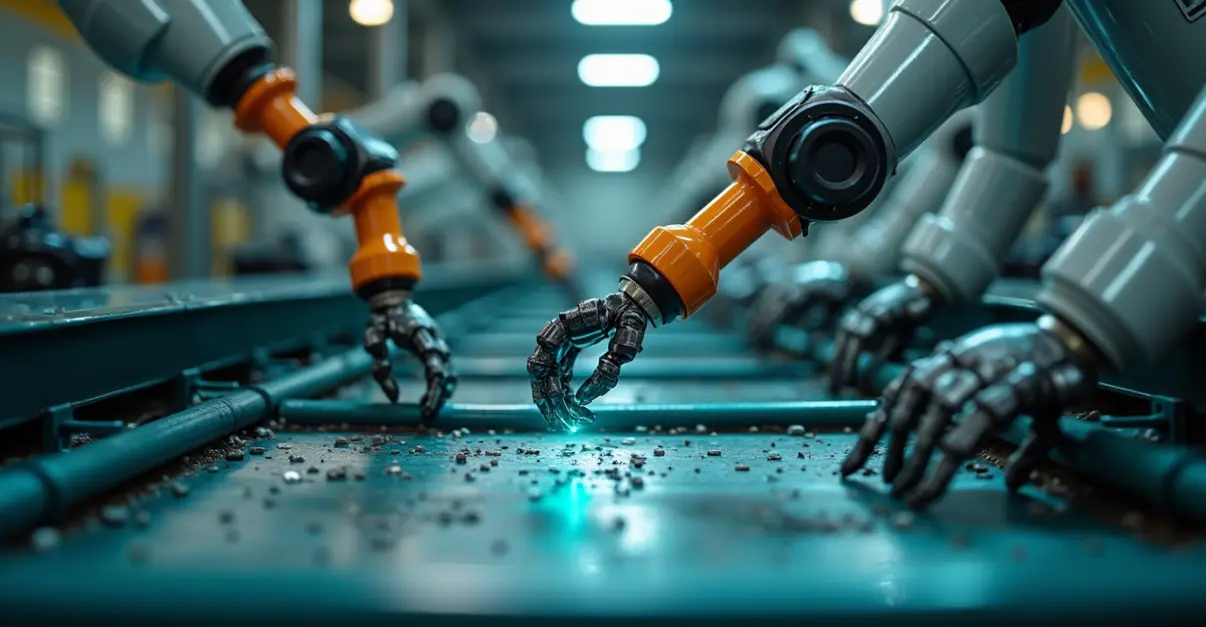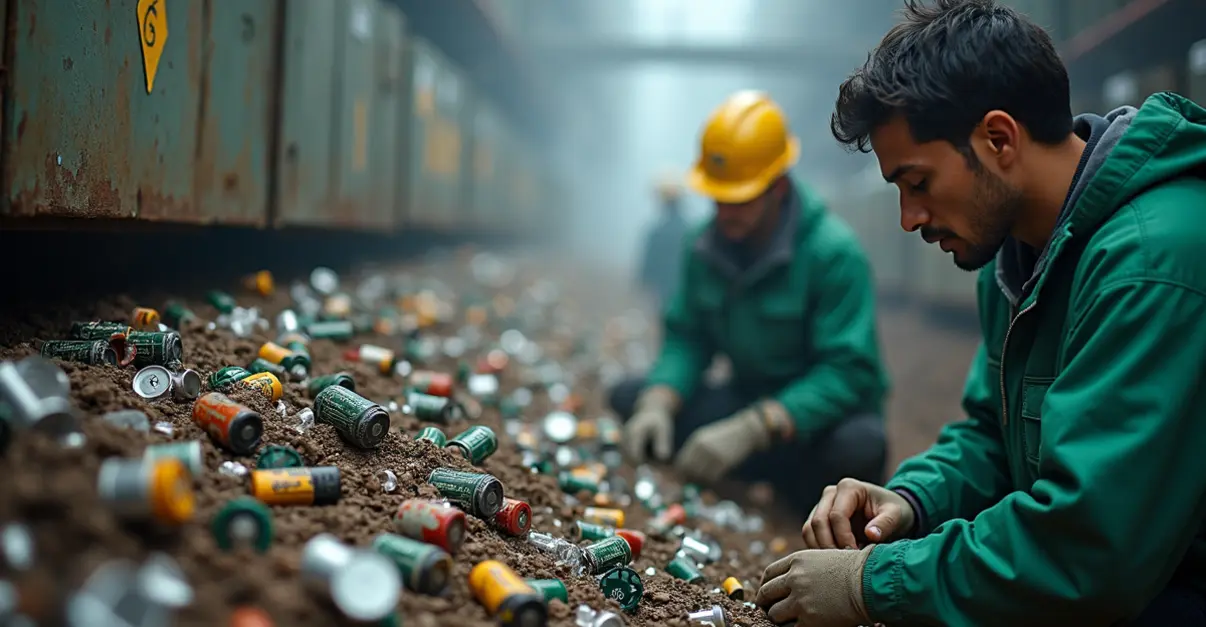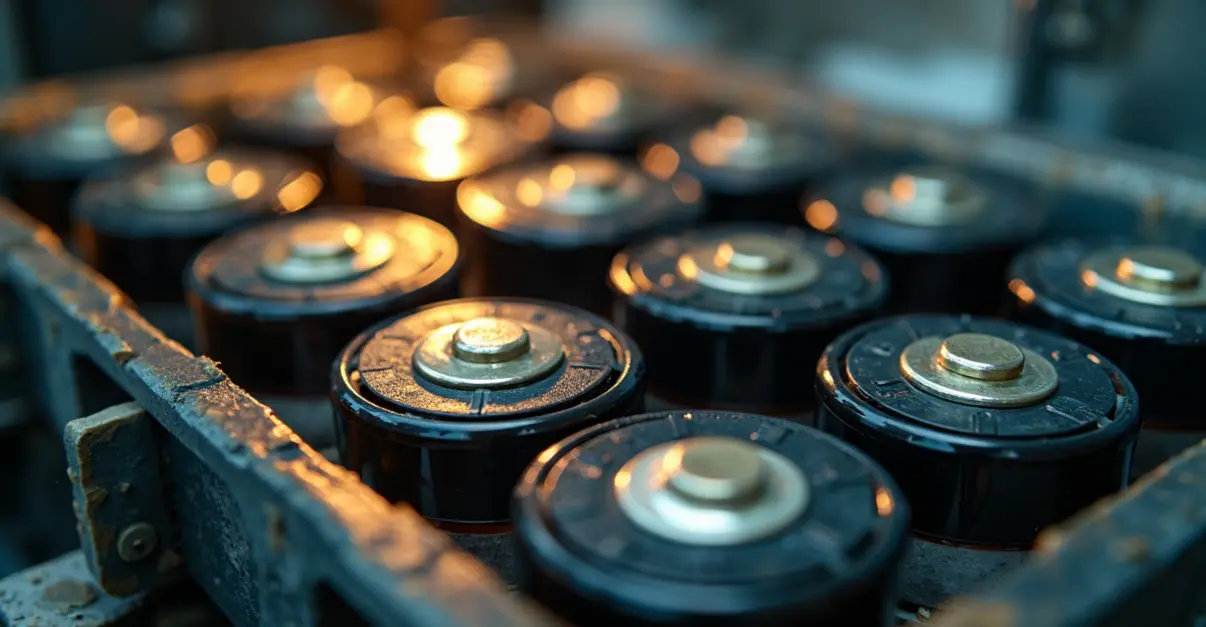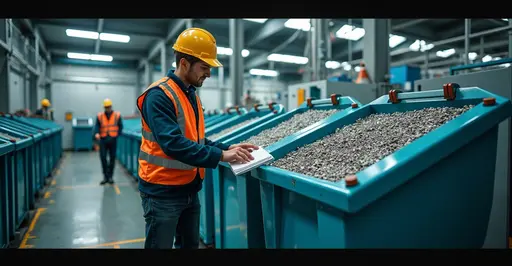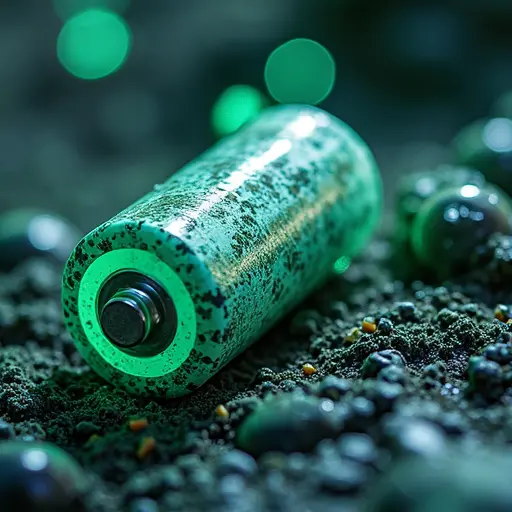Automation Breakthrough in Battery Recycling
The battery recycling industry is undergoing a revolutionary transformation as robotic automation systems are being deployed at sorting facilities worldwide, dramatically boosting recovery rates for critical minerals like lithium, cobalt, and nickel. This technological leap comes at a crucial time when the demand for electric vehicle batteries and energy storage systems is skyrocketing, creating an urgent need for efficient recycling solutions.
Precision Robotics Transform Recycling Process
Swiss researchers from the Bern University of Applied Sciences have developed a groundbreaking robotic recycling system through the CircuBAT research project that is changing how we approach battery recycling. 'Our precision robotics system enables safe dismantling and sorting of used EV batteries with minimal human intervention, significantly reducing workplace hazards while improving material recovery,' explains Dr. Markus Schmidt, lead researcher on the project. The system includes a sophisticated 'Battery Expert System' that analyzes aging patterns to determine which cells can be repaired or repurposed for second-life applications.
According to research from the U.S. Department of Energy, automated sorting technologies can improve mineral recovery efficiency by up to 40% compared to traditional manual methods. The technology establishes distinct electrochemical windows that allow precise separation of metals at different voltages, achieving remarkable purity levels of 99.1% for nickel and 98.8% for cobalt.
Environmental and Economic Benefits
The environmental impact of these automated systems is substantial. Traditional battery recycling methods using strong acids generate hazardous wastewater and consume significant energy. In contrast, the new robotic approaches developed by companies like Green Li-ion reduce greenhouse gas emissions by 58-81%, water use by 72-88%, and energy consumption by 77-89% compared to mining new materials.
'We're seeing recovery rates exceeding 95% for critical minerals through our automated processes, which was unimaginable just a few years ago,' says Sarah Johnson, CEO of American Battery Technology Company, which was recently named the 'Recycling Technology Solution of 2025' by Cleantech Breakthrough. 'This isn't just about efficiency - it's about creating a truly circular economy for battery materials.'
Industry-Wide Adoption and Future Outlook
The shift toward fully automated, AI-enabled sorting is becoming the industry standard, as manual systems struggle to keep pace with evolving battery chemistries and designs. Smiths Detection has partnered with Sortbat and Vito to create the first fully automated sorting line capable of identifying all portable batteries under 5kg with over 98% accuracy.
South Korean researchers at Ulsan National Institute of Science and Technology (UNIST) have developed an eco-friendly recycling process using deep eutectic solvents that achieves exceptional purity levels while eliminating complex chemical treatments. Their innovative method maintains stable performance even at high temperatures of 185°F (85°C), making it suitable for industrial-scale applications.
The International Congress for Battery Recycling (ICBR2025) scheduled for September 2025 in Valencia, Spain, will showcase these latest advancements. Industry experts predict that by 2030, automated robotic systems will handle over 80% of all battery recycling operations globally, creating a more sustainable and economically viable approach to managing the growing tide of battery waste.
With projections indicating that EV battery waste could reach 8 million tons by 2040, these robotic recycling innovations represent a critical solution to one of the most pressing environmental challenges of our time. The combination of precision robotics, AI-driven sorting, and advanced chemical processes is setting new standards for what's possible in sustainable material recovery.

 Deutsch
Deutsch
 English
English
 Español
Español
 Français
Français
 Nederlands
Nederlands
 Português
Português
